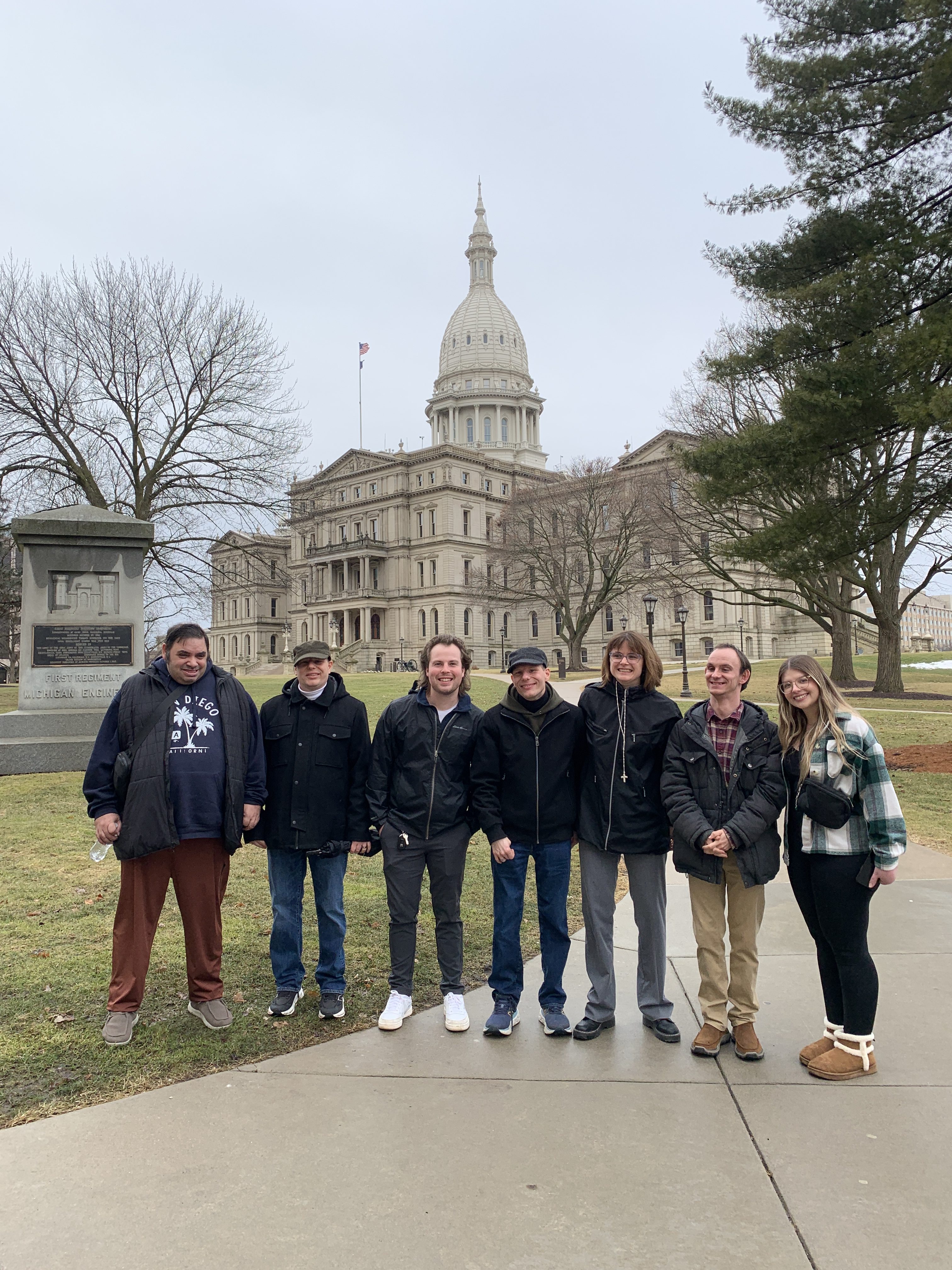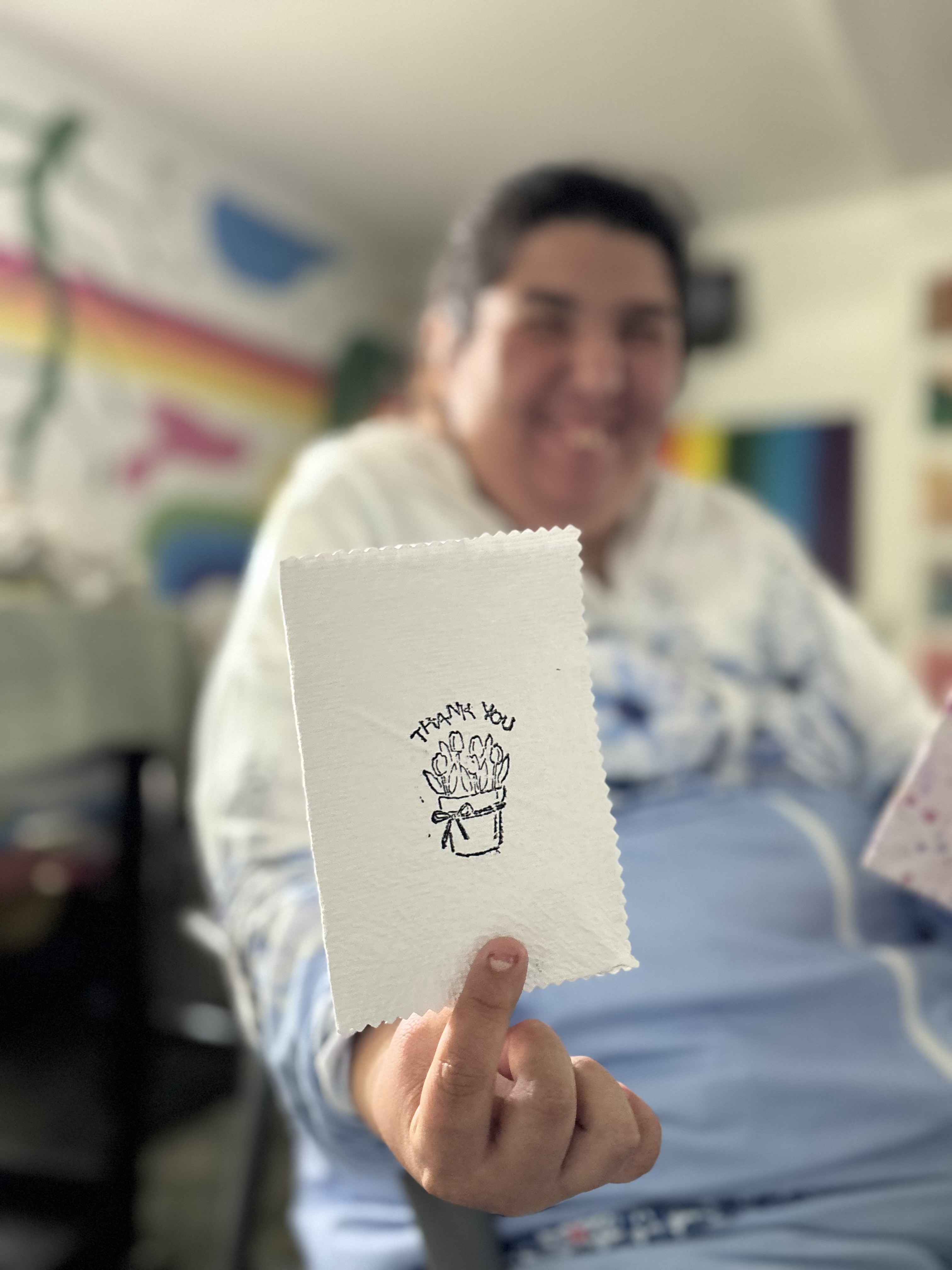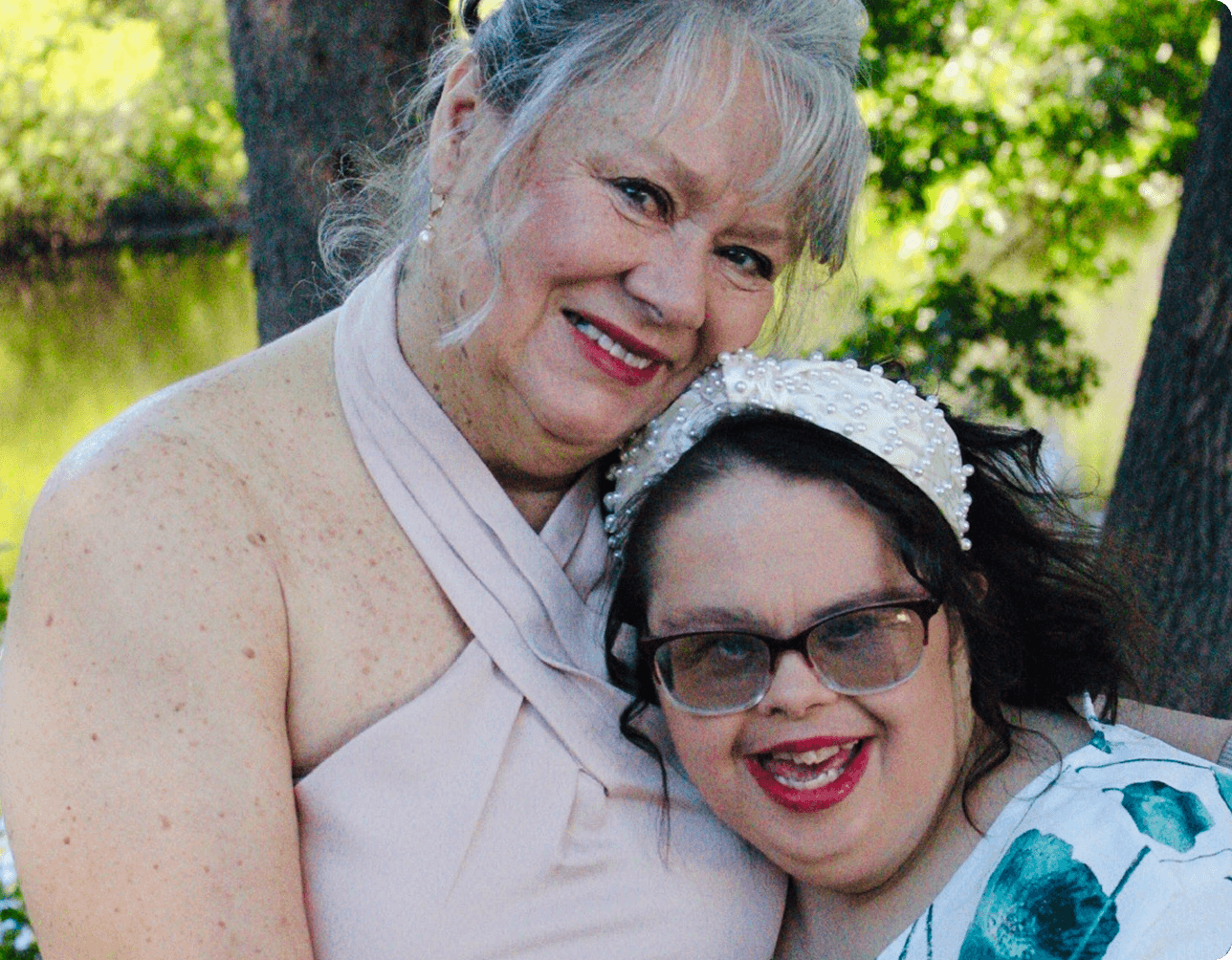Behavioral Health Services & Funding in Michigan
Posted on September 4, 2025

Behavioral Health Services & Funding in Michigan: How Adults with Disabilities Access Care
Introduction
Since 2010, Dutton Farm has created opportunities for inclusion, dignity, and purpose for adults with intellectual and developmental disabilities (IDD) in Oakland and Macomb Counties. Today, we proudly serve more than 150 individuals, helping them thrive through employment, recreation, volunteerism, and community participation. Already this year, Dutton Farm has provided over 65,000 hours of services to ensure participants have the support they need to live, work, and grow with independence.
For adults with disabilities, Medicaid funding is a lifeline. It provides access to home- and community-based services (HCBS) and supported employment programs that promote independence, dignity, and quality of life.
How Michigan’s Behavioral Health System Works
Michigan delivers publicly funded behavioral health and IDD services through a federal–state–regional–local structure:
- Federal Funding → Medicaid dollars flow from the federal government to the Michigan Department of Health and Human Services (MDHHS).
- State Oversight → MDHHS oversees policy, compliance, and contracts.
- Regional Administration → MDHHS contracts with 10 Prepaid Inpatient Health Plans (PIHPs), which manage behavioral health and IDD services across the state.
- Local Delivery → Community Mental Health Service Programs (CMHSPs) screen for eligibility, develop Individual Plans of Service (IPOS), and coordinate services through provider agencies like Dutton Farm.
- Example: Oakland Community Health Network (OCHN) (Oakland County) and Macomb County Community Mental Health (MCCMH) (Macomb County).
How Adults with IDD Access Services
Adults with IDD begin their journey at their local CMHSP, which:
- Provides eligibility screening and 24/7 access.
- Uses a person-centered planning process to create an Individual Plan of Service (IPOS).
- Arranges the full range of Medicaid-covered supports often incorporating Medicaid Home and Community-Based Services (HCBS) waivers.
Key services offered through Medicaid HCBS waivers include:
- Personal care and respite
- Home Supports
- Adult day programs
- Assistive technology and environmental modifications
- Expanded Community Living Supports (ECLS)
- Supported Employment for individuals who need ongoing job supports
Waivers such as the Habilitation Supports Waiver (HSW) and MI Choice help fund these vital services for adults with disabilities in Michigan.
How Services Are Funded
- Federal–State Partnership: Medicaid is jointly funded, with about 70% of Michigan’s Medicaid costs covered federally.
- State Revenue & Provider Taxes: Michigan generates roughly $3 billion in Medicaid funding through provider taxes on hospitals, nursing homes, and managed care organizations.
- MDHHS Oversight: Administers waivers, ensures compliance with federal HCBS rules, and monitors PIHPs.
- Regional & Local Delivery: PIHPs work through CMHSPs to provide customized, community-based services.
Recent Federal Changes
In July, Congress passed a budget reconciliation law—informally nicknamed the “One Big Beautiful Bill”—which included new Medicaid provisions:
- Adds work requirements and additional reporting rules.
- May reduce federal spending and cause some individuals to lose coverage.
- States, including Michigan, will implement changes through the Centers for Medicare and Medicaid Services (CMS) guidance and state policy updates.
What to Watch in Michigan:
- Medicaid redeterminations and eligibility rules
- Requirement to reapply for benefits every six months
- Exemptions for people with disabilities
- Any impacts on HCBS funding or access
Michigan’s Plan to Consolidate PIHPs
MDHHS has announced plans to consolidate the number of PIHPs and rebid contracts for specialty behavioral health and IDD services, with new agreements set to begin in October 2026. Many advocates are concerned that this restructuring could result in the privatization of Michigan’s public community mental health system.
Why This Matters
- Local voice at risk: Community Mental Health (CMH) boards are locally governed, ensuring services reflect community needs. Privatization could weaken that accountability.
- Profit vs. people: Private managed care organizations may prioritize cost savings over person-centered care.
- Continuity of care: System transitions risk disrupting established supports and trusted relationships.
- Equity concerns: Public CMHs are mission-driven to serve all who qualify, regardless of severity or complexity. Privatization could limit access to care.
Take Action
If you or a loved one rely on Community Mental Health services, your voice matters. Contact your state representative and senator to share how these programs impact your life and why strong, community-based supports must remain public, accountable, and person-centered.
Why This Matters
For adults with disabilities, Medicaid-funded programs are the difference between isolation and opportunity. At Dutton Farm, these supports allow individuals to:
- Find meaningful employment
- Contribute through volunteer service
- Build friendships and community connections
- Experience inclusion and independence every day
Without strong Medicaid protections, these opportunities would not exist. By sustaining and strengthening Medicaid and HCBS programs, Michigan can affirm the value of every person and ensure adults with disabilities live purposeful, inclusive lives.
In Conclusion
The success of Dutton Farm’s programs demonstrates what is possible when services remain person-centered and community-driven. Every day, our participants show that with the right supports, adults with disabilities can live full and meaningful lives.
Take Nate, for example. With the help of Medicaid funding and his local PIHP, Nate has been able to weave together three of Dutton Farm’s programs—Art Without Limits, Community Involvement, and Supported Employment—to create a rich and balanced life. His story reflects the very purpose of these services: to empower people with disabilities to discover their talents, contribute to their communities, and thrive with dignity.
At Dutton Farm, we know that strong, person-centered programs don’t just change individual lives—they strengthen our entire community. Protecting and improving Medicaid-funded services ensures that more people like Nate can continue to succeed, now and in the future.


